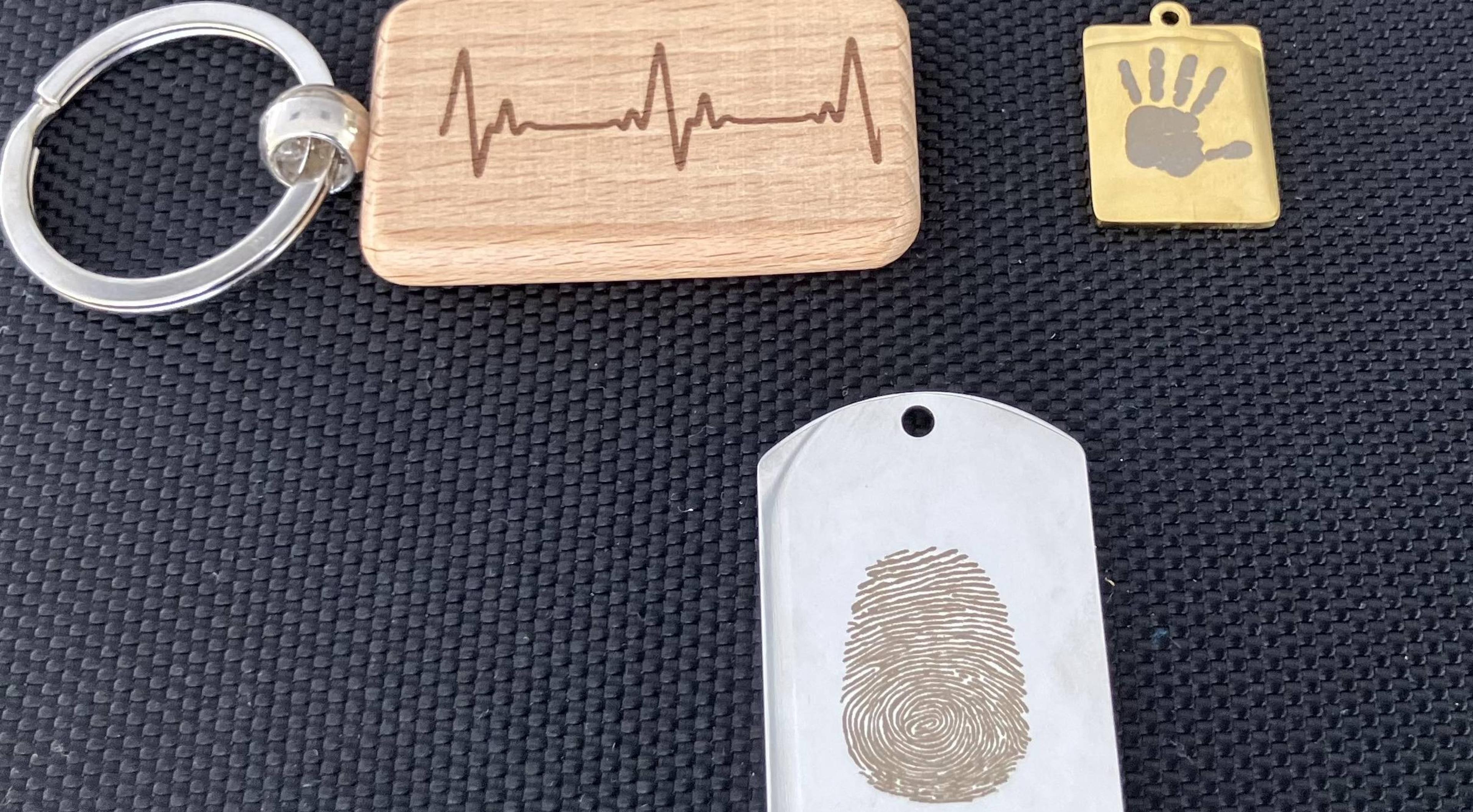Detroit’s SASHA Center's Behavioral Health Navigators Connecting Black Sexual Assault Survivors with the Resources Needed to Heal
Jake Newby
| 5 min read
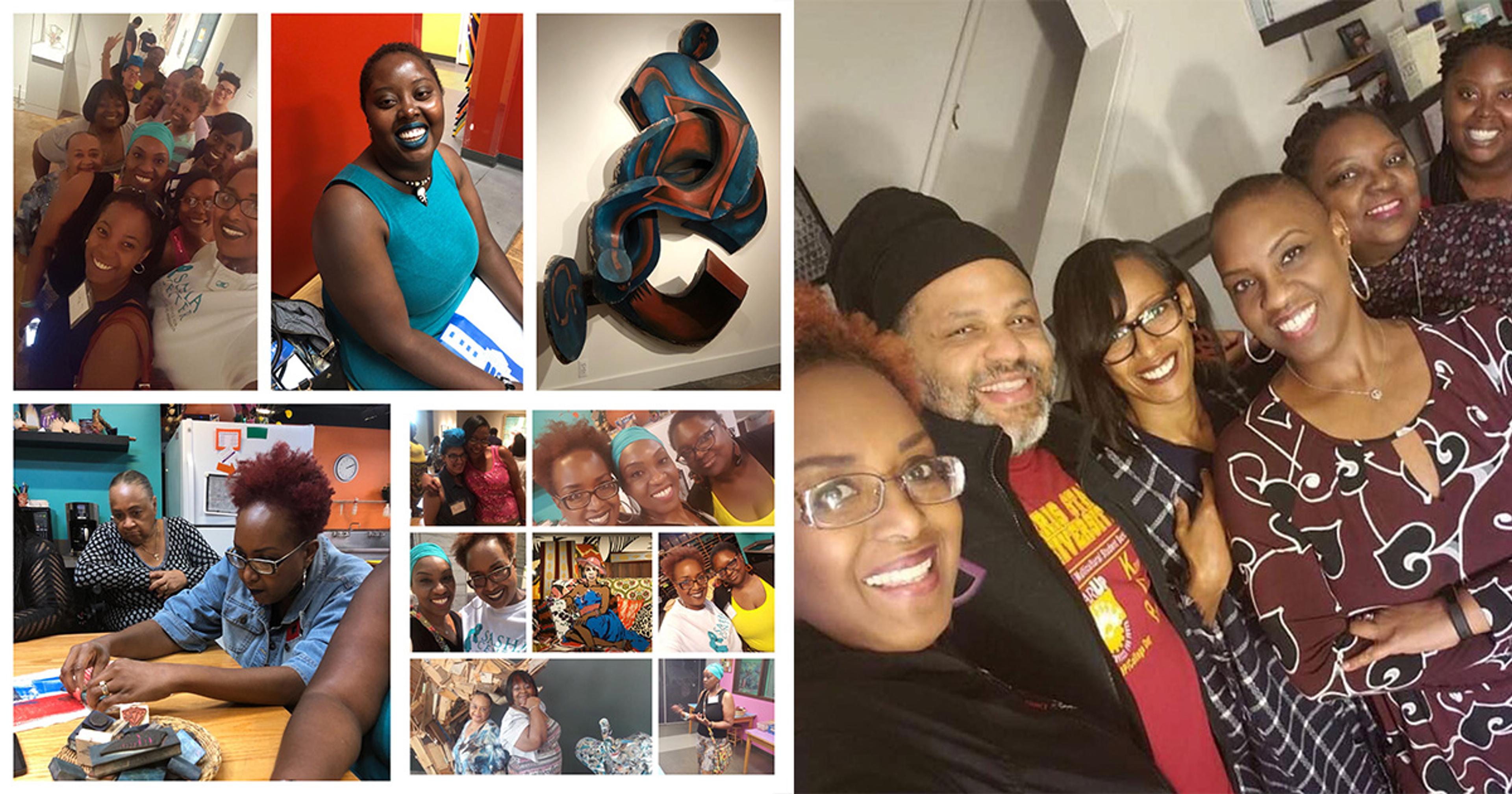
Recovering from the trauma and pain tied to sexual assault starts with support. For a community as marginalized as Black women already are, finding difference-making support after a sexual assault experience can feel hopeless.
Detroit’s Kalimah Johnson has been where they’ve been and wants to meet these women where they’re at. Johnson, a sexual assault survivor herself, is a licensed master social worker (LMSW) and the executive director of Detroit’s SASHA Center, a nonprofit organization that provides support group services to self-identified survivors and experiencers of sexual assault.
“I know the kind of barriers and I know the kind of experiences you have when you feel isolated,” Johnson said, during an interview with Blue Cross Blue Shield of Michigan. “When we developed the SASHA Center, what we had in mind was that we would address that very specific notion that African American women, one, are sexually assaulted and, two, have been healing for a long time, we just haven’t asked them how.”
At the SASHA Center, asking important questions represent that first stretch of pavement on the road to recovery at the SASHA Center.
“That is a passion of mine and it’s something I plan to do for the rest of my career, is to always ask the questions, ‘what are Black women doing to heal?’ ‘How are Black women healing?’ And to always be a part of that movement of Black women healing from sexual abuse and assault.”
Over the last year, the SASHA Center has formed multiple partnerships with the Blue Cross Blue Shield of Michigan to further their mission. In 2022, the organization received a BCBSM Foundation Community Health Matching Grant worth $34,750 to help further their “SASHA Web” program, which included the hiring of two behavioral health navigators.
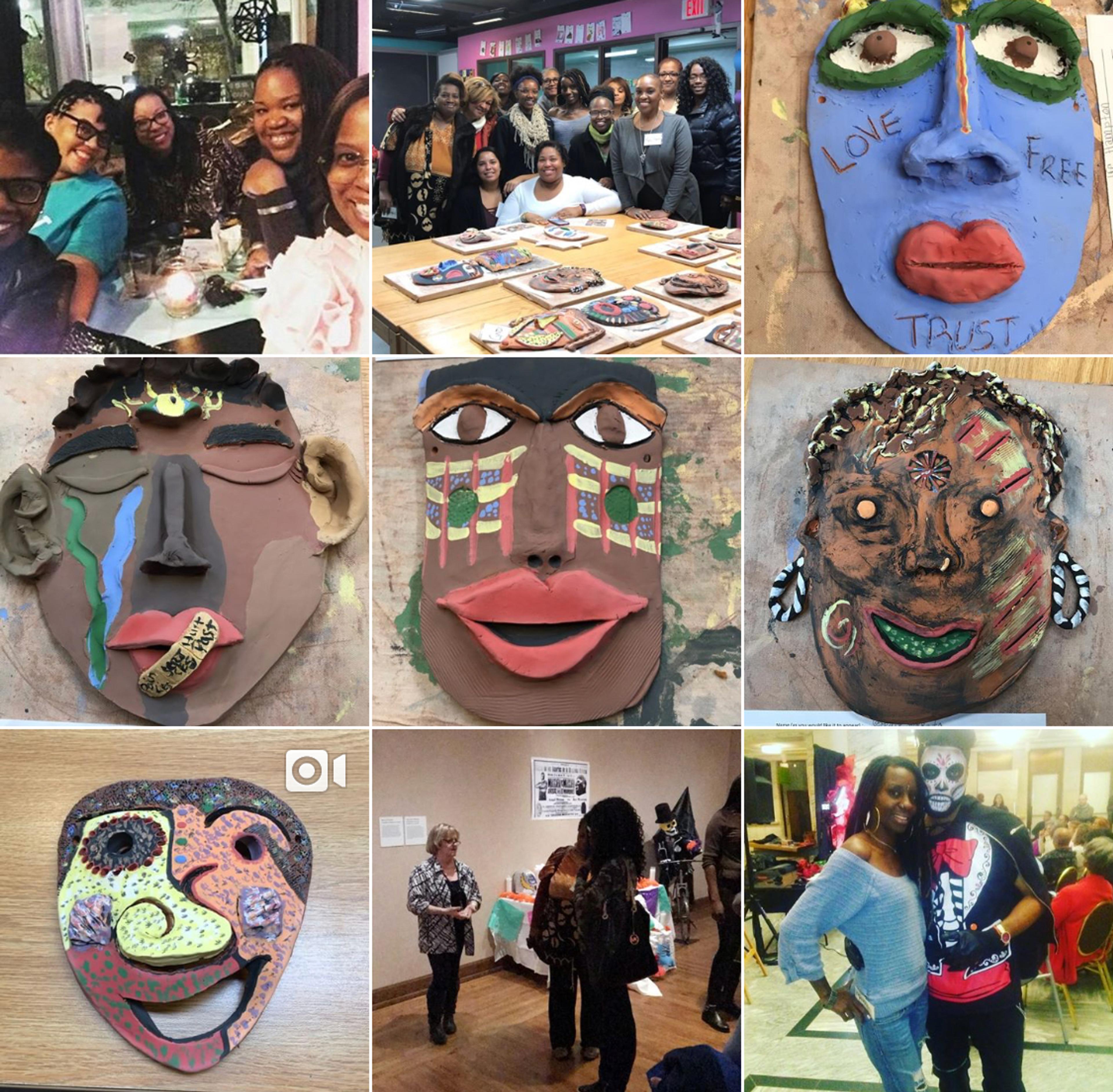
SASHA Center was also received funding as part of the Foundation’s new Black-Led Mental Health Partnership Program that funds Black-led organizations in Michigan that connect clients to primary mental health care. This brought SASHA Center’s funding total to more than $100,000 in the last year.
Representation matters. Connecting Black sexual assault survivors with Black medical professionals who they can resonate with, because of similar experiences, is something SASHA Center strives to do. BCBSM Foundation’s new pilot program launched to help organizations like the SASHA Center make those connections happen much more than they have in the past.
“One of the reasons why this Black-led grant and funding is so important is because there are these cultural nuances that sometimes mainstream organizations or programs don’t understand because they didn’t grow up in a Black household,” Johnson said. “Also, it really lowers the fear that a lot of times African Americans experience when they are interacting with the medical system or the mental health care system, because there are so many stereotypes that get reinforced – intentionally or unintentionally.”
SASHA Web: New Behavioral health navigators are a game-changer for the SASHA Center
SASHA Center hired two behavioral health navigators, Shana and Malaysia, are on the other end of the line when someone calls the organization.
“Once we hear within our group, or from someone calling us saying they need help navigating mental health services, these are the two folks that help them,” Johnson explained.
Shana and Malaysia collect enough data to find out which services clients need, and then they connect them appropriately. BCBSM Foundation grant funding provided the dollars needed to hire these behavioral health navigators. The program is called the “SASHA Web.”
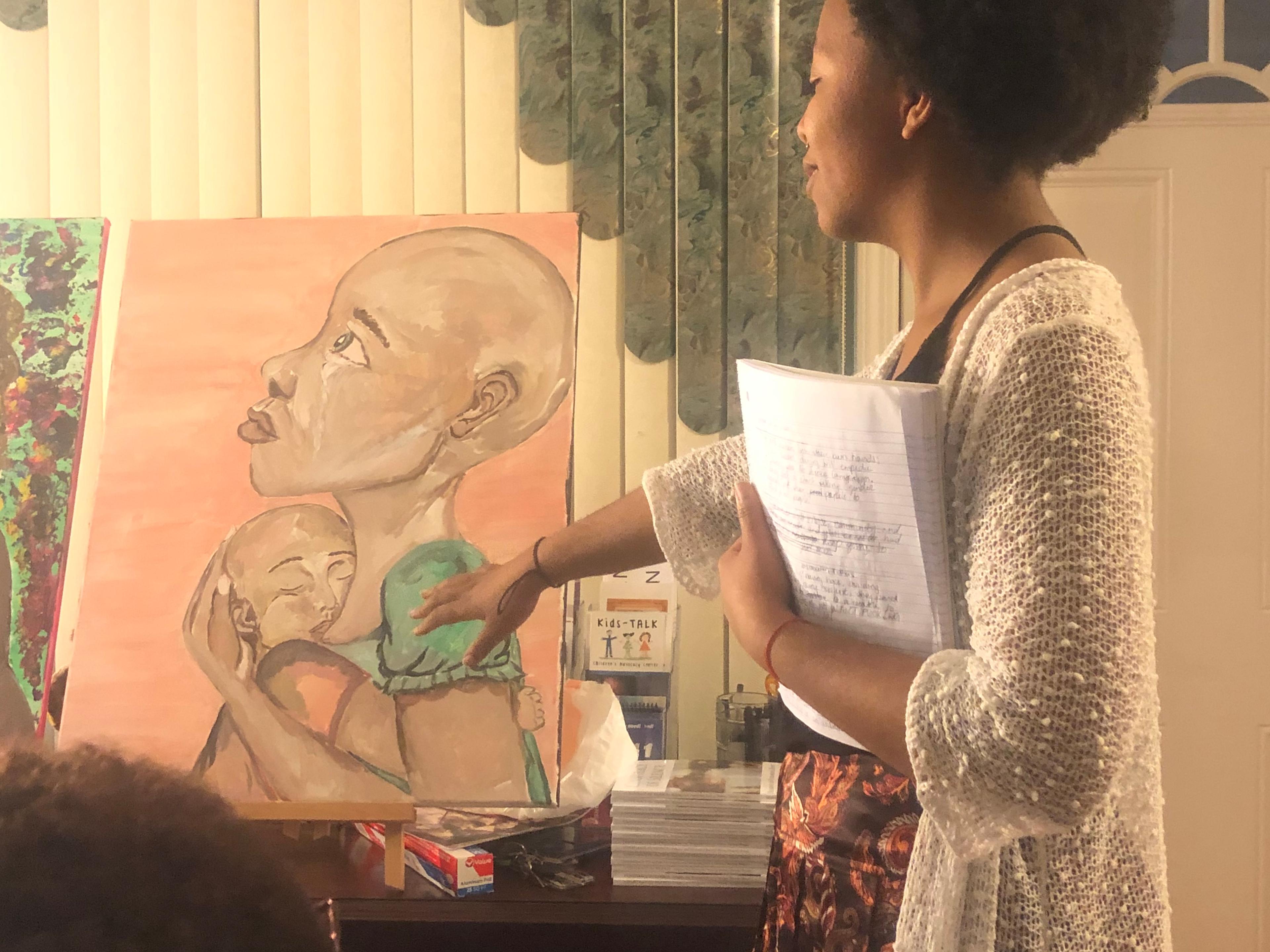
“They are actually out here, on the ground, looking for and identifying practitioners in the city of Detroit that do the work,” she added. “As a result, we’ve been able to have really strong relationships with organizations and private practitioners in the city that provide unique and intimate sexual assault services for our clients that want a little bit more than just being in group, and we couldn’t have done that without these dollars.”
Connecting clients with psychologists and psychiatrists isn’t even the full scope of the job of SASHA Center’s new behavioral health navigators – they also link clients to yoga instructors, sound bowl healing and other integrative practices, so that survivors of sexual assault seeking mindful, well-rounded mental health treatment have it all right there at their fingertips.
“The work the SAHSA Center does for such a vulnerable community of people in Detroit is invaluable,” said Myra Tetteh, BCBSM Foundation Senior Program Officer. “We are always looking to provide resources to Black-led community-based organizations like the SASHA Center, so they can expand access to mental health care for the people they serve, and the people that need it most.”
As she looks for the SASHA Center to make an even bigger impact in the future than it has to this point, Johnson takes time to reflect on the successes of the organization since it launched in 2010. Any time a sexual assault survivor reaches out for support, that counts as a success for the SASHA Center. And fortunately for the organization and those they serve, there have been countless successes over the last 13 years.
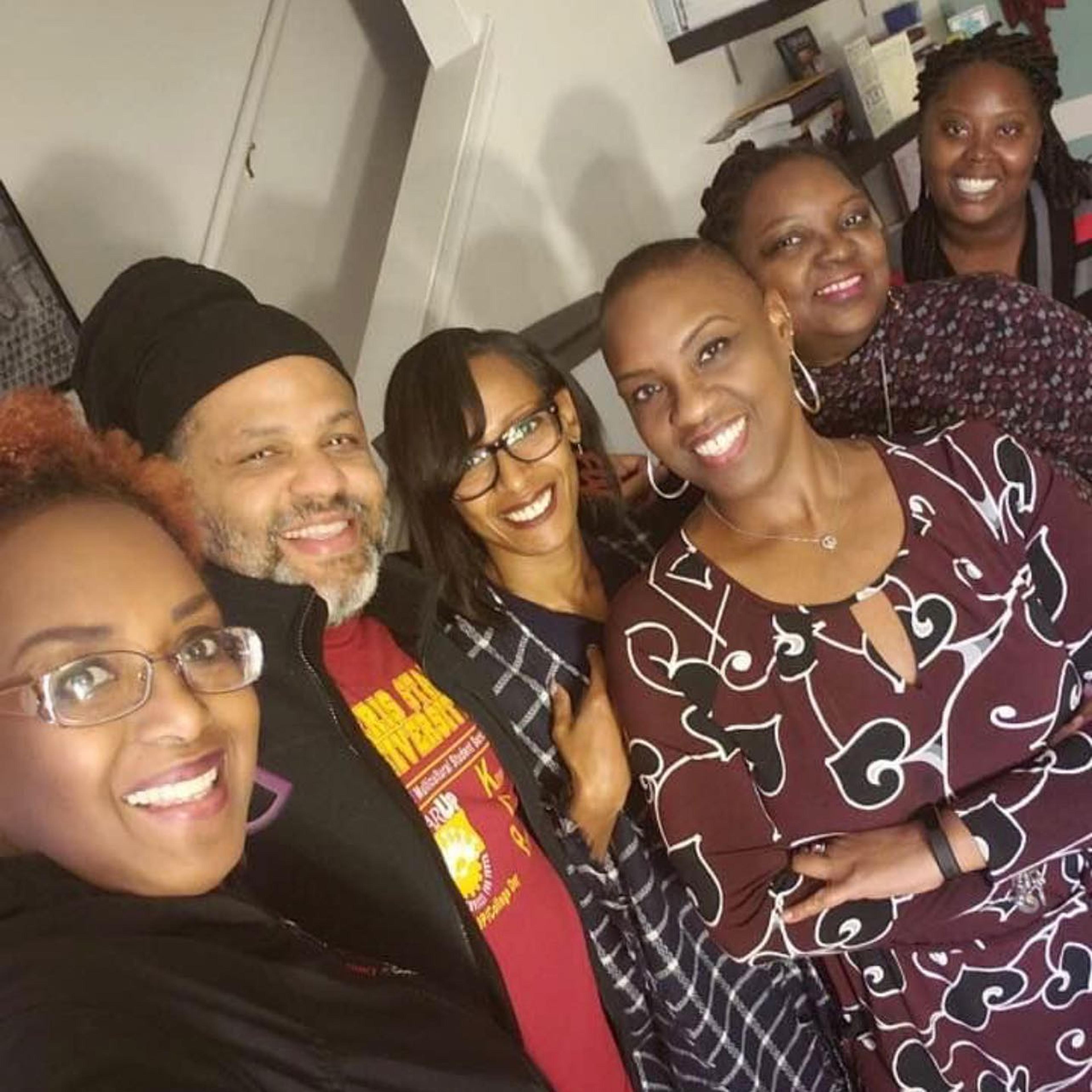
“There is such a cloak of shame and guilt and victim-blaming and rape culture that happens in our country and in our society that sometimes that causes a lot of silence,” Johnson said. “(After they reach out) Then it’s the things that come out after that. When people can tell their stories, when people break their silence, when people decide to take a particular route to address the issue, when folks start holding people accountable for what happened to them, when they stop blaming themselves. That’s when we identify success.
“When people reach their goals, they initially had of going to school or getting an education or finding better housing or finding better employment or being able to be a better mom or parent, or being able to talk about changing the ideas about the socialized way that people show up in gender – we count all those things, big and small, as successes.”
Visit the BCBSM Foundation website to learn more about the Community Health Matching Grant Program, including eligibility, proposal requirements, and more. And check out these Foundation stories to learn more about the incredible accomplishments made by Michigan nonprofits over the last few years:
- Covenant House Michigan Supports At-Risk Youth in Detroit Through House of Hope Program
- Birth Detroit, Rootead Enrichment Center Empower and Support Mothers of Color with Crucial Prenatal, Postnatal Services
- Eastside Community Network Addresses Flood Damage, Air Quality and Sustainability of Vulnerable Neighborhood Homes in Detroit
Photo credit: SASHA Center




